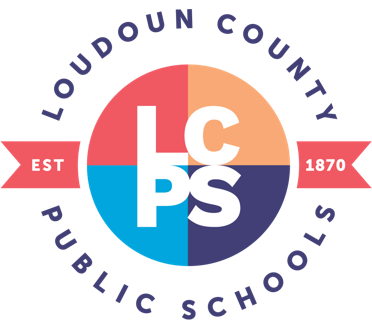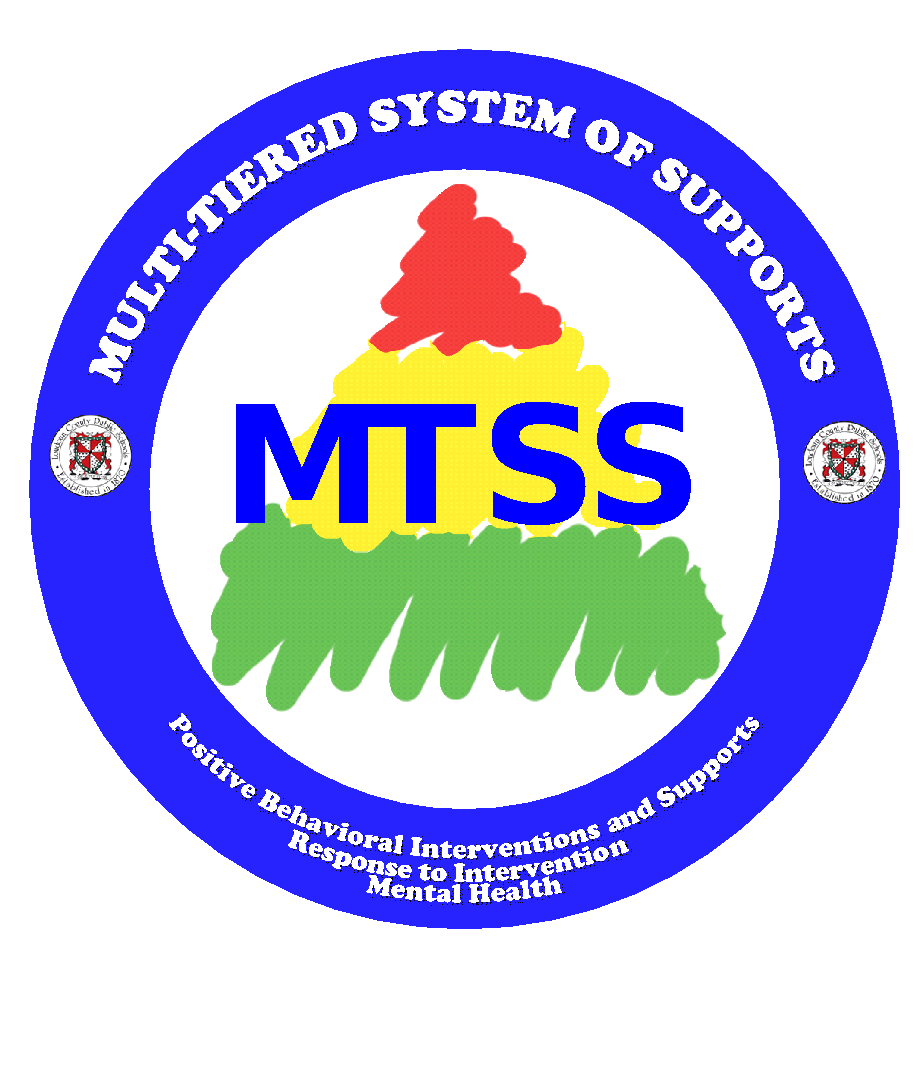About
Skip to content
Multi-Tiered System of Supports
Dr. Stefanie LaPolla, MTSS Supervisor
Loudoun County Public Schools (LCPS) is committed to empowering all students to make meaningful contributions to the world. To ensure the success of all students, LCPS implements a Multi-Tiered System of Supports (MTSS) framework.
Mission
The mission of a Multi-Tiered System of Supports, or MTSS, is to create an integrated system of academic, behavioral, and social-emotional supports for all students. Through empowering and collaborative connections between families, schools, and community resources, students will experience engaging, affirming, equitable, and supportive learning that encourages academic and social growth through the consistent delivery of explicit and systematic instruction.
Vision
The vision of MTSS is to ensure that all students are provided with high-quality core, equitable instruction and evidence-based interventions to support their learning needs.
What is MTSS?
A Multi-Tiered System of Supports, or MTSS, is an evidence-based integrated framework, comprised of practices and interventions aimed at supporting the needs of all students. This holistic approach addresses academic, behavioral, and social-emotional needs through the approaches of Response to Intervention (RTI), Positive Behavioral Interventions and Supports (PBIS), and Social-Emotional Learning (SEL).
The MTSS framework encourages schools to implement prevention strategies and provide early intervention for addressing academic, social-emotional, and/or behavioral difficulties. Through problem-solving conversations and the use of multiple sources of data for decision-making, school-based teams can identify supports needed for student success. The MTSS framework addresses student needs at three tiers, each including instructional strategies and interventions. At Tier 1, all students are provided with high-quality learning environments and instructional strategies across all settings. At Tier 2, interventions are provided for students who are in need of more focused, targeted, and frequent small group structures. At Tier 3, interventions are provided for students who are in need of more intensive and individualized structures.
Intervention Support for Students
Intervention is evidence-based instruction that addresses identified learning gaps and identified learning difficulties. Interventions are provided to students who have identified areas of need. All student data is reviewed to determine if students are in need of an intervention and the learning gaps that will be addressed. Intervention plans can be created by school staff in the areas of math, literacy, behavior, or mental health. Families of students with intervention plans will receive an intervention plan that describes the student's learning gap and the specific goal the student is working toward as well as information on how often and how long the student will receive this intervention. Plans will be shared with families. Staff will update families of progress towards the goal throughout the year.

